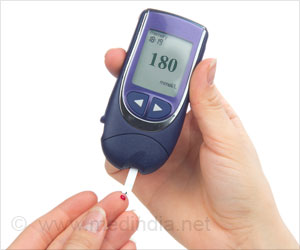Presence of certain strains of bacteria induce weight loss those on a weigh loss diet rich in fruits, vegetables and whole grains.
Highlights
- Certain bacterial species play a decisive role in weight regulation and weight loss.
- People with a high proportion of Prevotella bacteria in relation to Bacteroides bacteria lost 3.5 kg more in 26 weeks when they ate a diet composed of the New Nordic Diet.
- A diet rich in whole grains, fruits, vegetables is usually suggested for weight loss but may not be effective for all those who follow it.
Intestinal Bacteria Can Indicate Weight Loss
Two groups of intestinal bacteria are decisive for whether overweight people lose weight on a diet. For the study, 31 subjects were on the New Nordic Diet and 23 subjects were on an Average Danish Diet. Those who were on the New Nordic Diet lost an average of 3.5 kg, whereas those on Average Danish Diet lost an average of 1.7 kg.
People with a high proportion of Prevotella bacteria in relation to Bacteroides bacteria lost 3.5 kg more in 26 weeks when they ate a diet composed of the New Nordic Diet principles compared to those consuming an Average Danish Diet.
Subjects with a low proportion of Prevotella bacteria in relation to Bacteroides did not lose any additional weight on the New Nordic Diet. Overall, approximately 50 percent of the population has a high proportion of Prevotella-bacteria in relation to Bacteroides-bacteria.
He continues: "These people should focus on other diet and physical activity recommendations until a strategy that works especially well for them is identified."
The results show that biomarkers, e.g. fecal samples, blood samples, or other samples from our body, which says something about our state of health, should play a far greater role in nutritional guidance. Simply because biomarkers allow us to adapt the guidance to the individual.
"This is a major step forward in personalized nutritional guidance. Guidance based on this knowledge of intestinal bacteria will most likely be more effective than the "one size fits all" approach that often characterises dietary recommendations and dietary guidance," says Assistant Professor Mads Fiil Hjorth.
Reference
- M F Hjorth et al., Pre-treatment microbial Prevotella-to-Bacteroides ratio, determines body fat loss success during a 6-month randomized controlled diet intervention, International Journal of Obesity (2017) http://dx.doi.org/10.1038/ijo.2017.220.
Source-Medindia
















